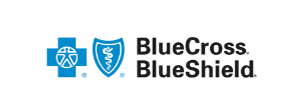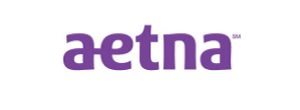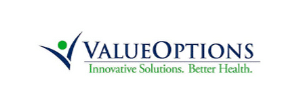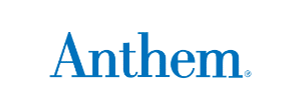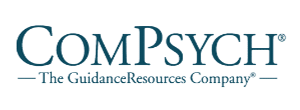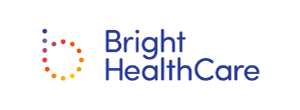Marijuana Addiction Treatment Program in Nashville, TN
Marijuana addiction has become a growing concern in Nashville, Tennessee. By 2019, 6.4% of youth aged 12-17 in Tennessee had used marijuana, with a significant portion experiencing addiction.
Long-term marijuana use can lead to negative consequences such as impaired cognitive function, respiratory problems, and addiction. Our marijuana addiction treatment in Nashville, TN, is combating this growing issue by offering therapy, support groups, and medication-assisted treatment for those struggling with addiction to marijuana.
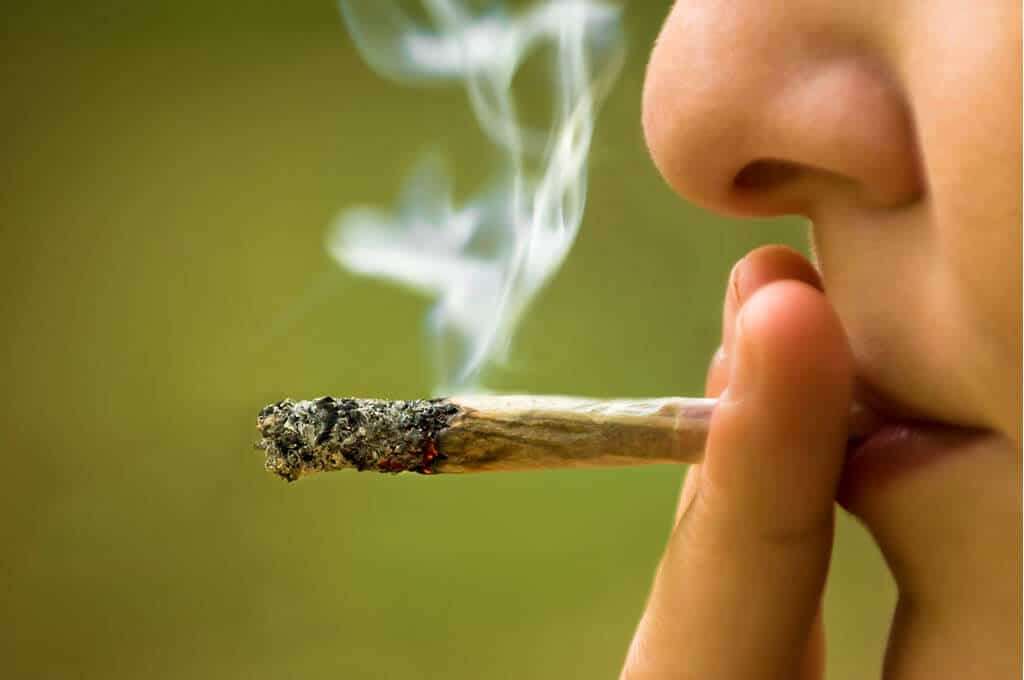
Southeast Addiction Center’s Comprehensive Treatment Approach
Our treatment plan begins with behavioral interventions, including cognitive-behavioral therapy, contingency management, and motivational enhancement therapy. This allows our clients to learn coping skills and develop healthier behaviors.
In addition to that, we provide medications, such as naltrexone and bupropion, which can reduce cravings while preventing relapse. During peer support groups, we provide our clients with emotional support and a sense of community where they don’t have to feel like they are handling their addiction alone. Lastly, family therapy can help address any family issues contributing to substance use.
Through our premier treatment center, individuals can access 24/7 medical care while receiving taking control of their substance use disorder from three levels of care.
- Partial hospitalization program: This option is a day treatment where patients receive healthcare services daily and return home in the evenings to continue working and attending school.
- Intensive outpatient program (IOP): IOP is an option for patients to receive treatment for a few hours several times a week from their homes.
- Sober living homes: Our sober living treatment plan is for patients in either the partial hospitalization or intensive outpatient program, and it includes daily 12-step meetings, weekly group meetings, and monthly recreational activities.
It is important to understand that individualized care is essential to treating marijuana addiction because each individual has specific needs that must be addressed. This is the ideal way to combat addiction. Withdrawal symptoms, underlying factors, and social issues are all unique to each individual and require customized treatment plans. We tailor recovery to an approach that works best for the individual and can lead to long-term sobriety.
Marijuana’s Effect on the Brain
The psychoactive element in marijuana, THC, has a chemical makeup similar to the brain’s chemical anandamide structure. Because of the chemicals’ similarities, the brain cannot differentiate between the two. Therefore, when THC enters the brain, the body’s neurons begin to respond to the areas of the brain responsible for pleasure, memory, coordination, and other bodily functions.
Once the brain’s pleasure center has been activated, the brain’s response is to reward the body for consuming the substance through the release of dopamine. Once abusers experience this, they program their bodies to repeat the stimulus to maintain the pleasurable state. This is what leads to addiction.
While marijuana tends to be a socially acceptable drug, it is important not to downplay its dangers.
Untreated addiction can lead to psychological distress, persistent sadness, hopelessness, and suicidal thoughts. A study conducted at Ohio State University found that young people with mood disorders paired with cannabis in their bodies were at an increased risk of nonfatal self-harm, all-cause mortality, and death by unintentional overdose.
Marijuana Detox
During marijuana medical detox, it is vital to follow specific protocols for successful addiction recovery, and we design our treatment options to do just that. We start by discussing strategies for gradually reducing the amount and frequency of marijuana use while coaching our clients on increasing exercise and hydration. Next, we discuss ways our clients must recognize the triggers that lead to abuse, such as certain social situations where it may be tempting to continue the drug addiction.
To craft a treatment plan that is optimal for each client, it is essential to consult with a medical professional or addiction specialist to create a personalized detox plan that is safe and, ultimately, effective. Some individuals may benefit from medication-assisted detoxification, while others may find therapy or support groups helpful in managing cravings and withdrawal symptoms. Yet, some clients benefit from a combination of both.
Marijuana Withdrawal Symptoms
The American Addiction Centers research concludes that acute withdrawal symptoms emerge reasonably quickly for those with a strong dependency, which begins within the first couple of days, followed by several days of more severe symptoms, and ending with the most acute symptoms resolving within a month. The most common symptoms include the following:
- Irritability
- Anxiety
- Restlessness
- Insomnia
- Loss of appetite
- Sweating
- Chills
- Tremors
- Headaches
Less common symptoms include:
- Depression
- Abdominal pain
- Nausea and vomiting
The severity of the symptoms will vary by patient and typically depend on the frequency and duration of marijuana use and the individual’s overall mental and physical well-being. In some cases, clients may need medical treatment to manage withdrawal symptoms, so detoxing in a safe and supervised drug rehab program is essential.
Marijuana Addiction Treatment Therapies For Marijuana Abuse
Cognitive-behavioral therapy (CBT) is a form of therapy that can be effective in treating marijuana abuse and addiction. We start by addressing the negative thought patterns and behaviors that contribute to use, leading to CBT helping clients develop coping strategies to overcome their addiction.
CBT also helps clients identify triggers, and our therapists can provide tools to manage the triggers. Lastly, CBT can help clients develop healthy life skills, such as stress management, problem-solving, and social support, leading to long-term recovery.
In addition to CBT being beneficial to clients, motivational interviewing also serves as a helpful approach for individuals struggling with substance use. Motivational interviewing involves a non-judgemental and empathetic conversation with a therapist to help increase our clients’ motivation to change their behaviors.
By exploring each individual’s values, goals, and concerns, the approach identifies and reinforces self-determination to begin making more positive changes. With guidance, clients gain insights into their drug abuse patterns, develop coping strategies to reduce their use, and work toward recovery. With this approach, clients have the majority ownership in the recovery process as they work to achieve personal goals.
Family therapy involves family members joining in the therapy process to address the use of marijuana or other drugs within the family. This form of treatment aims to identify the underlying issues or concerns that led to the use of marijuana, and working together, clients and family members develop strategies as a unit. Open communication and collaborative coping skills for all stakeholders are encouraged during this therapy.
Marijuana addiction presents unique challenges because of its availability and wide social acceptance. Psychiatry Online explains that many people view marijuana as less harmful than meth or heroin, for example. Also, because of the psychoactive effects of THC, the primary psychoactive compound in marijuana, it may be more difficult for abusers to recognize they have an addiction. Therefore, these elements can make it challenging to identify and treat marijuana addiction.
Individualized Care Plans for Marijuana Addiction Treatment
Our treatment plans cater to each person’s unique needs and goals. This individualized approach empowers those receiving treatment because they play a role in determining the best treatment plan. Our compassionate staff is committed to providing you with the best care possible. Our core values mean we run our programs with the highest standards of integrity and fairness.
Our reputable treatment facility just outside of Atlanta is independently owned, so you can count on us to live through our actions to provide the best course of action for each client.
Our marijuana addiction treatment programs can include the following:
- Detoxification
- Residential
- Intensive Outpatient Rehabilitation
- Partial Hospitalization
- Sober Living
Our Georgia rehab center’s medical detox program sets the stage for long-term recovery. Successful detoxification greatly improves the chances of maintaining sobriety and leading a healthy lifestyle.
After detox, our team will recommend an addiction treatment program that best fits your individual needs, including the client, therapists, and family who participate in long-term recovery during the aftercare and beyond.
Family Therapy and Support Services
When clients complete our marijuana addiction treatment program, relapse prevention through aftercare and continuing support are critical to maintaining long-term sobriety. Support can include ongoing family and individual therapy or counseling, continued participation in support groups or 12-step programs, and regular check-ins with their therapist.
Southeast Addiction Center’s Alumni Program is another way to stay connected to those who can offer support and understanding. A sense of connectedness is vital for clients after recovery and is another support layer for those just entering rehab centers. This is true for young adults and older individuals seeking less restricted outpatient treatment, who also benefit significantly.
Lastly, we understand the power of family and how family dynamics strongly influence recovery. While we are all certainly individuals, people adapt to the circumstances of the environment in which they live their daily lives. However, therapy and healing aim to break those destructive cycles so that long-term wellness is attainable.
Southeast Addiction Center’s Team of Experts
Our team of experienced, licensed therapists specialize in addiction recovery, family therapy, and CBT therapy models. Ben Dobbs, our Executive Director, struggled with addiction for 15 years before he found recovery. His professional experience includes serving as a group facilitator and program coordinator. He has worked for some of the top Substance Abuse and Mental Health treatment centers in the South. With those experiences, Ben now has more than a decade of service in the addiction treatment field.
Contact Southeast Addiction Center and Get Help
Southeast Addiction Center has the expertise in marijuana addiction treatment services to effectively treat individuals and loved ones attempting to stop marijuana abuse. We understand the stigma around drug misuse, and we can help.
If you or someone you know needs support combatting marijuana addiction, we encourage you to contact us at (833) 605 1278 or email us at [email protected] to learn more about how we can help you regain clarity.
Our Programs

About Us




